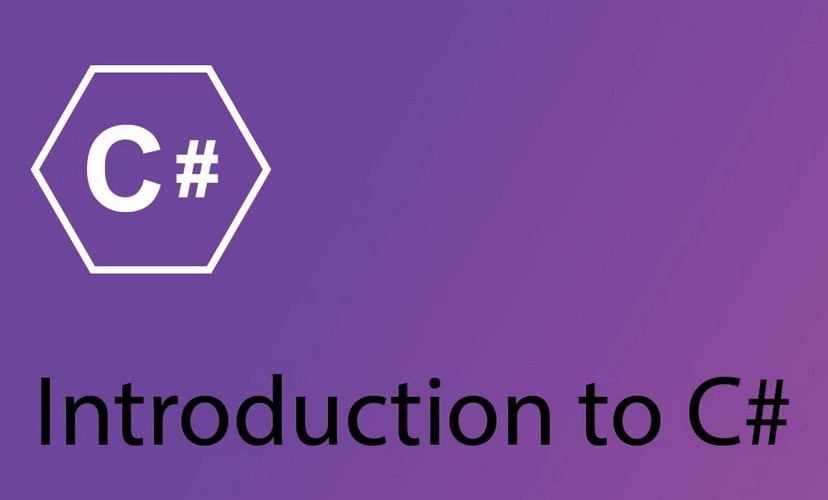C# is a popular programming language used in a variety of applications such as web development, game development, and mobile app development. As with any programming language, C# has its own set of coding questions that programmers must be able to solve to showcase their skills. In this article, we will discuss the most common C# coding questions, advanced C# coding questions, C# whiteboard questions, tips for preparing for a C# coding test, how to ace a C# coding interview, and provide resources for practicing C# coding questions.
Beginners may encounter C# coding questions that test their knowledge of basic programming concepts such as loops, data types, and conditional statements. One common question is to write a program that prints out the numbers from 1 to 100, but for multiples of three, print “Fizz” instead of the number, and for multiples of five, print “Buzz”. Another example is to write a program that checks if a number is even or odd.
Another common coding question for beginners is to write a program that finds the largest and smallest numbers in an array. This question tests a programmer’s knowledge of arrays, for loops, and conditional statements. Another popular question is to create a program that checks if a given string is a palindrome.
Experienced C# developers may encounter more complex coding questions that test their ability to solve algorithmic problems. One example is to write a program that finds the shortest path between two nodes in a graph. Another example is to implement a binary search algorithm to find a specific value in a sorted array.
Another advanced coding question is to write a program that can sort a large dataset efficiently. This question tests a programmer’s knowledge of sorting algorithms such as quicksort, mergesort, or heapsort. Another popular question is to implement a hash table data structure that can store key-value pairs.
During a coding interview, candidates may be asked to solve coding questions on a whiteboard. These questions are designed to test a programmer’s ability to solve problems without the aid of a computer. It’s important to communicate with the interviewer while solving the problem, explaining your thought process and reasoning.
One example of a C# whiteboard question is to write a program that prints out the Fibonacci sequence up to a given number. Another example is to write a program that checks if two strings are anagrams of each other. These questions test a programmer’s ability to think critically and solve problems using programming concepts.
Preparing for a C# coding test requires practice and a solid understanding of programming concepts. It’s important to review data types, loops, conditional statements, and other basic programming concepts. Practice solving coding problems on paper or a whiteboard to simulate a coding test environment.
Another tip is to review common C# coding questions and practice solving them. Understanding common algorithms and data structures such as binary search, linked lists, and stacks can also be helpful in preparing for a coding test.
To ace a C# coding interview, it’s important to showcase a strong understanding of programming concepts and problem-solving skills. Communicating with the interviewer and explaining your thought process is key to demonstrating your problem-solving abilities.
Another important aspect is to write clean and efficient code. This demonstrates your ability to write maintainable and scalable code, which is important in a professional programming environment. It’s also important to be familiar with common programming tools such as Visual Studio and Git.
Some common C# interview questions include:
- What is the difference between an abstract class and an interface?
- What is a delegate in C#?
- What is the difference between a struct and a class?
- What is the difference between a stack and a queue?
- What is the difference between a value type and a reference type?
Sample answers to these questions can be found in many online resources.
Experienced C# developers may encounter more advanced interview questions. Some examples include:
- What is the difference between a dictionary and a hashtable?
- What is the difference between an async method and a synchronous method?
- How do you handle exceptions in C#?
- What is a LINQ query and how does it work?
- What is the difference between a static class and a singleton pattern?
Again, sample answers to these questions can be found in many online resources.
Technical C# interview questions may focus on a candidate’s understanding of programming concepts and tools. Some examples include:
- What is the purpose of the using statement in C#?
- How do you debug a C# program?
- What is the difference between a private and protected access modifier?
- How do you handle memory management in C#?
- What is the difference between a .NET framework and .NET core?
Sample answers to these questions can also be found in online resources.
There are many online resources available for practicing C# coding questions. Websites such as LeetCode and HackerRank offer a variety of coding challenges for different skill levels. Books such as “Cracking the Coding Interview” by Gayle Laakmann McDowell and “Programming Interviews Exposed” by John Mongan, Noah Kindler, and Eric Giguère provide tips and sample questions for coding interviews.
Solving C# coding questions requires practice and a solid understanding of programming concepts. Beginners may encounter questions that test their knowledge of basic programming concepts, while experienced developers may encounter more complex algorithmic problems. Understanding common C# interview questions and practicing whiteboard coding questions can also be helpful in preparing for a coding interview. With the right preparation and practice, anyone can become proficient in solving C# coding questions.

